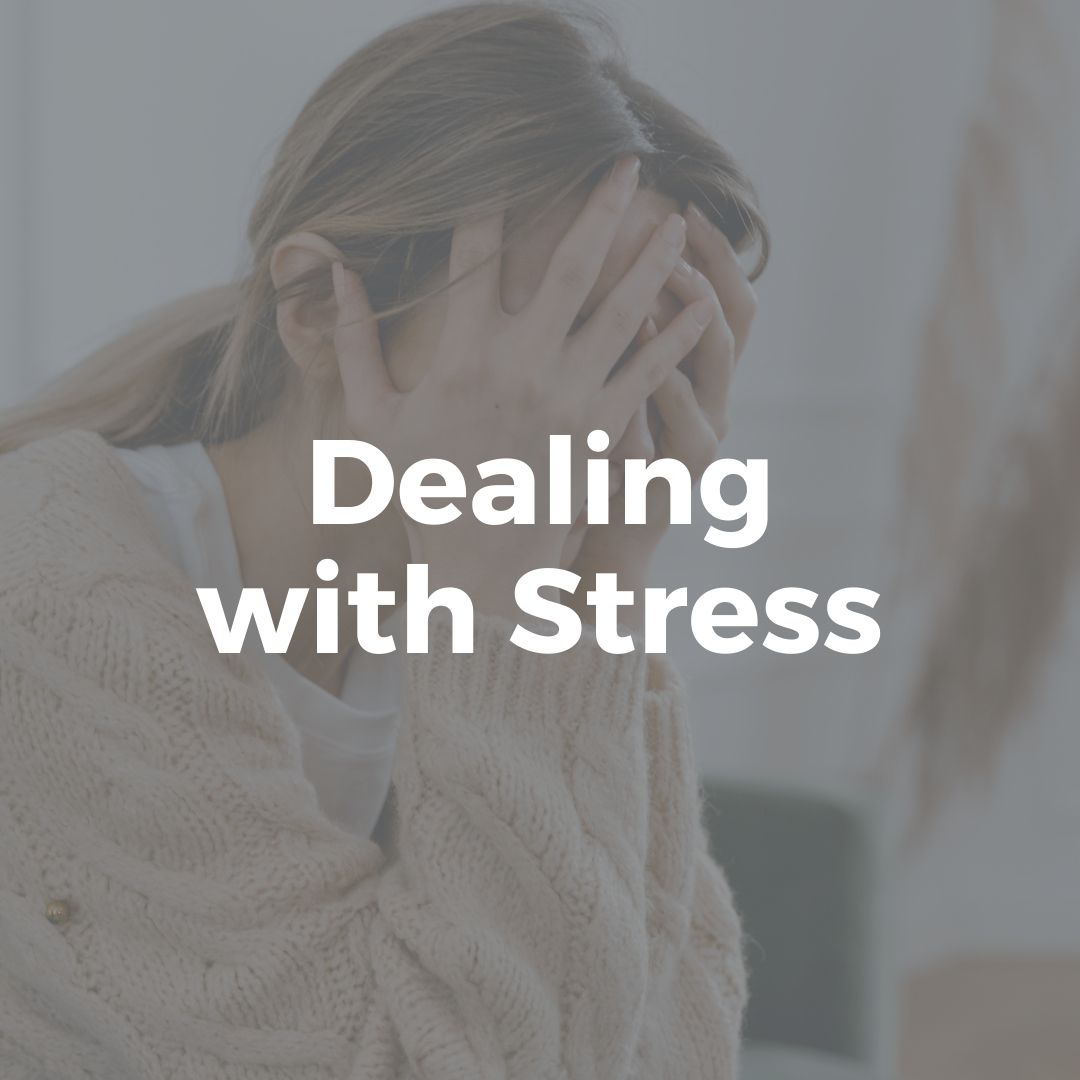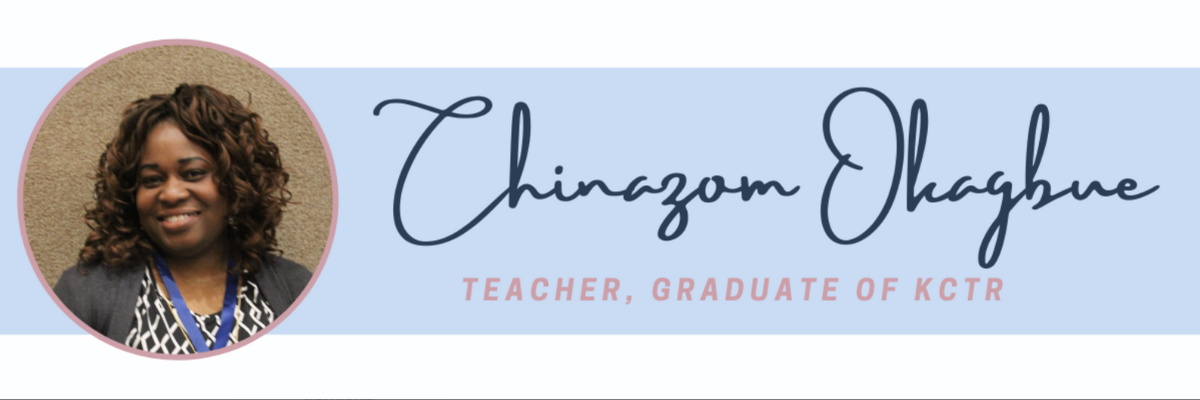
Do you find yourself burnt out from teaching? Maybe you can connect with this vignette of a teacher. Read more of Ann’s story below.
Background: New teacher; Lots to do
Like every new teacher, Ann* (not real name) was excited to implement and execute all the theories she had learned as a student teacher. The first two weeks were used to build relationships. During this time, any visitor to her classroom would believe that she was successful in classroom management. Her students followed directions and would line up quickly and quietly. However, as time went on, and they became familiar with each other, a trend began; fighting, name calling, yelling and disrespect which she had never before witnessed.
Classroom Context: Stress sets in
At first, she thought the lack of emotional skills was a result of the pandemic and believed they would change as the semester rolled on. However, the situation worsened as the quarter progressed. Students yelled at her when they were redirected or asked a question. They walked out of the classroom, waved their fingers at her and disrupted the lessons. Ann struggled with getting to the end of a lesson without having to request assistance from her building leaders. Sometimes up to five students in her classroom were in in-school suspension and/or out-of-school suspension. Ann says her best days were when those “‘class disruptors” were either absent or out of the class.
Her mornings became filled with heart palpitations and dread going into the building. She was quick to realize that if she were to succeed as a teacher in the classroom, it was important that she talk to someone.
Why consider therapy?
Why might a teacher consider therapy? Teachers may consider therapy for many reasons including:
- Teachers are at high risk for burnout. This can lead to teachers abandoning their jobs.
- Teachers act as a support system for their students and face the most adversity in lower income communities.
- Anxiety. The Post Covid era has brought with it many stresses in the classroom. This has been showing itself in the classroom in the form of disrespect, defiance and refusal to follow directions.
According to psychologist Isaac Prilleltensky, PhD, dean of education at the University of Miami, “teachers often lack the practical resources and knowledge needed to run a successful classroom”.
The Impact of Therapy for Ann
Meeting with a therapist gave Ann the coping strategies she needed to run her classroom. These ranged from breathing, counting to ten, moving to a different project or even ignoring a child who was acting out. She also learned to take deep breaths first thing in the morning and not to take to heart whatever behavior a child displayed in the classroom.
Her therapist also advised that she begin to incorporate daily mindfulness into her classroom lessons, especially after recess. This meant giving her students 6 minutes to take deep breaths, or just sit with their eyes closed and soak in the moment.
Did all these bring a change in your classroom? I asked Ann. The change was not sudden. Ann says these techniques did not change her students’ behaviors, but rather changed the way she addressed those behaviors and the way she began to handle issues in her classroom
If you, like Ann, find yourself stressed or anxious, therapy might be a good option for you!
Thanks to The Educator Academy Graduate and teacher, Chinazom Okagubue for writing this blog!

*This is not, nor is it intended to be, a medical diagnosis, advice, or treatment.

